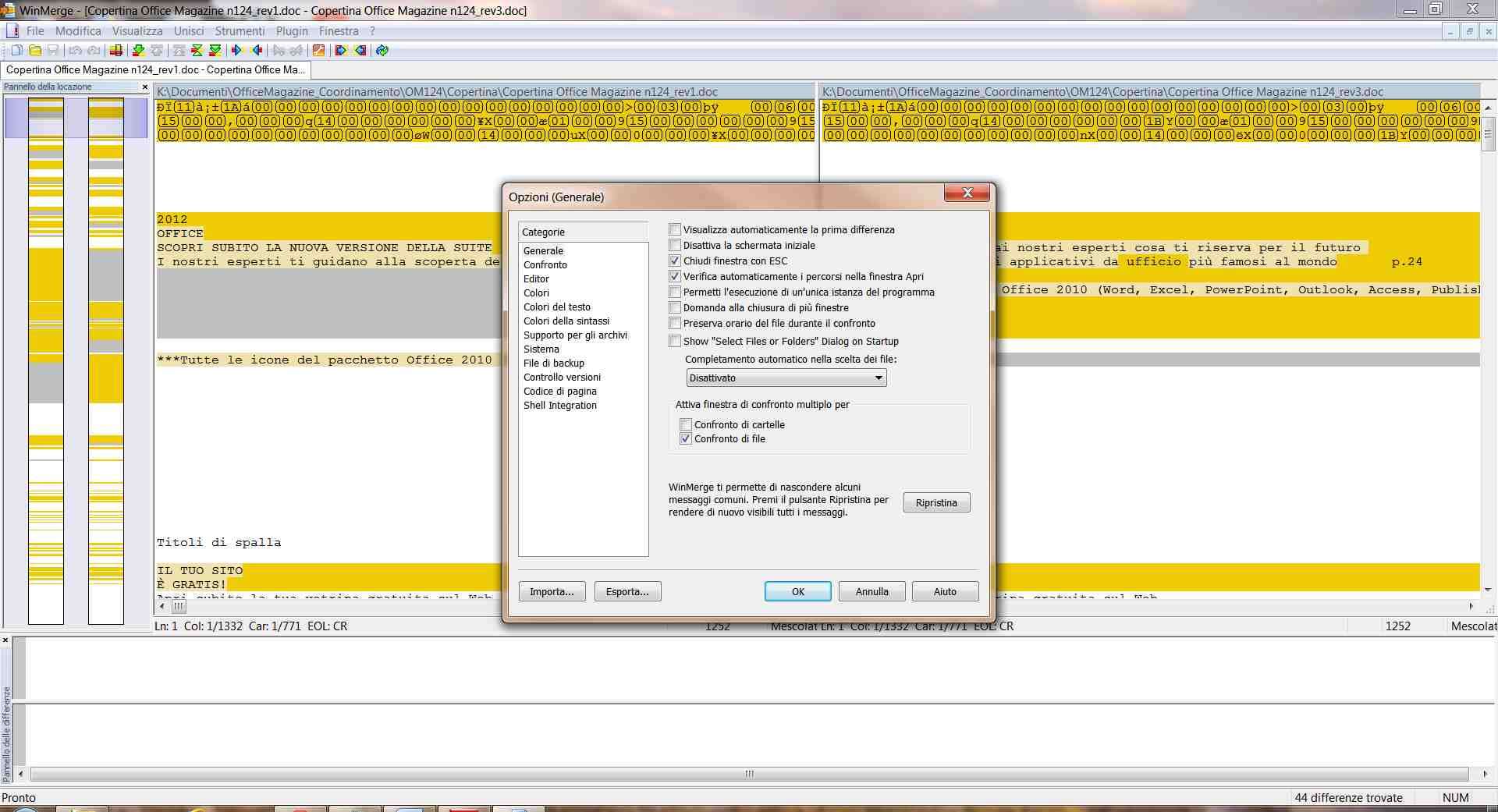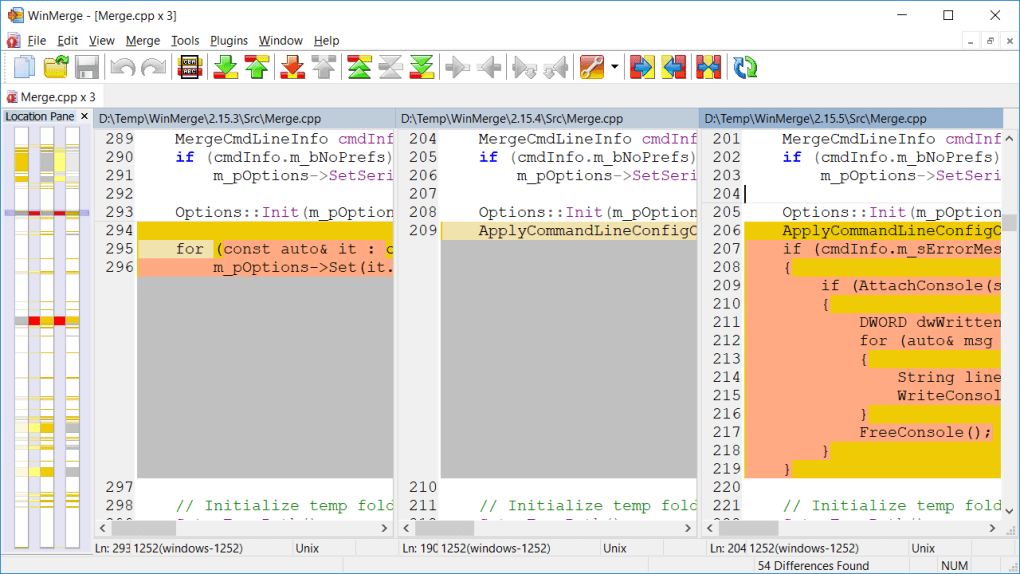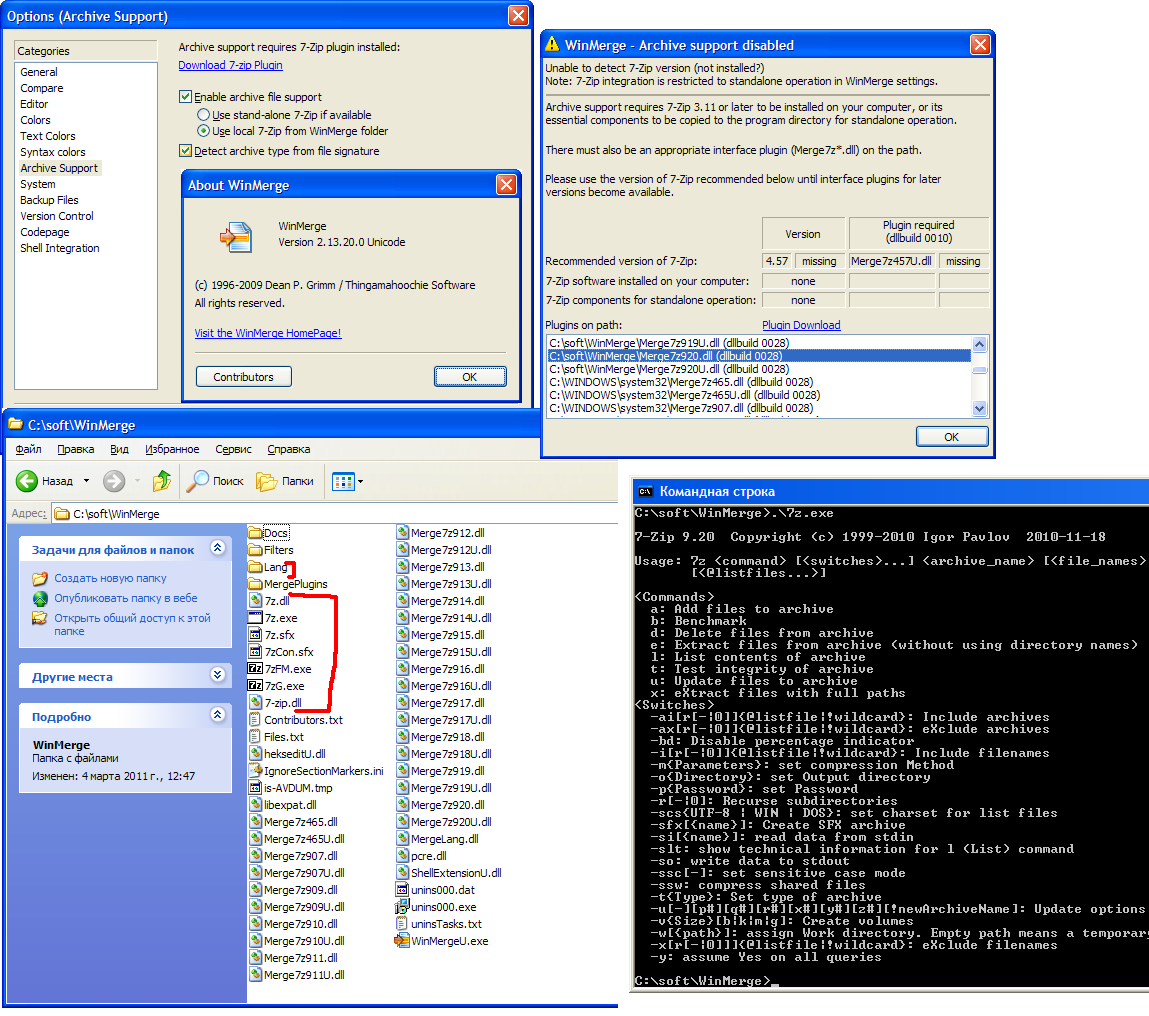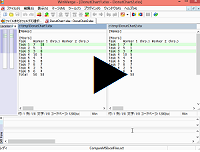
One would be when you want to check the code modifications between different versions of the theme. This operation may be useful in many cases. "but he didn't let them enter his mind.",įor (let i = 0 i < sentence.In this section, you will learn how to compare files or folders in order to check the structure/code differences. Sure, there were probably other options, but he didn't let them enter his mind. * any character except: '"' (0 or more timesĬonst sentence = `Sometimes that's just the way it has to be. \s* whitespace (0 or more times (matching the most My = grep(//, Doing the same thing that produced the array of unwanted letters also fails. My = grep(!//, Doing something similar but moving the negation into the bracketed character # bracketed character class then doing a negative grep: matches ant, cat, and dodo. # The desired result can be simulated by hardcoding the unwanted letters into a

# against a list of the lowercase alphabet: fine, gets befghjklmpqrsuvwxyz. # Interpolate array into a negated bracketed character class, positive grep # Subtract those letters from the alphabet to find the letters to eliminate. # Words wanted include these letters only.

My = qw(ant bee cat dodo elephant frog giraffe horse) False, because abc does not exactly match 123

False, because abc does not exactly match 123abc123 ("asMatchPredicate: abcabc: %s\n", asMatchPredicate.test("abcabc")) False, because abc does not exactly match abcabc

("asMatchPredicate: abc: %s\n", asMatchPredicate.test("abc")) Predicate asMatchPredicate = pattern.asMatchPredicate() asMatchPredicate will only match the entire input string True, because abc is part of 123abc123 ("asPredicate: abcabc: %s\n", asPredicate.test("abcabc")) ("asPredicate: abc: %s\n", asPredicate.test("abc")) Predicate asPredicate = pattern.asPredicate() asPredicate will match any part of the input string


 0 kommentar(er)
0 kommentar(er)
